Sunglasses and Ready-To-Wear Readers: Conforming to FDA Standards
FDA Jurisdiction Over Medical Device Regulation
Two very common “medical devices” are ubiquitous: sunglasses and reading glasses.
In the U.S. market, both of these products are considered “Class 1 medical devices” because they provide a protective function to your eyes and are thus regulated by the Food and Drug Administration (FDA).
Sorting Out Diverging Standards
There is a progression within the global market towards more uniform manufacturing standards with an emphasis on consumer safety, supply chain ethics and environmental protection. However, many differences remain, including in classification of products. For any manufacturer or importer, it is important to be aware of the standards that apply to your product, depending on its intended market.
In America, as stated, sunglasses and reading glasses are classified as medical equipment. In the EU, this is also true for reading glasses -- (European regulation 2017/745) -- but sunglasses fall under Personal Protective Equipment (PPE) -- (European regulation 2016/425).
ANSI Z80.3 for Plano (Non-Prescription) Sunglasses
ANSI Z80.3 establishes standards for sunglasses based on their manner of use and design safety. Sunglasses must:
- Protect the wearer’s eyes from ultraviolet (UV) radiation
- Prevent sight inhibition from the sun
- Allow enough light to penetrate the lense -- drivers must still see daylight and traffic lights
- Be structurally sound with impact-resistant lenses (21 CFR 801.410 -- “Drop ball test”)
- Not be flammable
Other structural considerations include acceptable material guidelines and corrosion resistance, along with special features like polarized lenses.
ANSI Z80.31 for Ready-to-Wear Readers
Reading glasses must follow the standard in regard to impact resistance and durability, material makeup and ignition resistance. Specifications involving lense magnification and strength are also outlined in ANSI Z80.31.
Note for importing companies: the FDA has a right to request “Drop ball” test data from importing companies. If the data is considered insufficient, your product will be denied entry into U.S. markets!
FDA Registration
All companies involved in the manufacturing or import into the U.S. of FDA-regulated products must register annually with the FDA. This process is known as establishment registration. The company must also designate an individual to handle communication between the company and the FDA concerning their product.
- Domestic companies must appoint an “official correspondent” from within the company.
- Foreign companies must hire a U.S. agent to represent them.
Please note that the U.S. agent has no responsibility related to reporting of adverse events under the medical device reporting regulation (21 CFR Part 803) or submitting 501(k) premarket notifications (21 CFR Part 807, subpart E).
Product Labeling Requirements
As they are considered Class 1 medical device in the U.S., the FDA dictates the following product labeling requirements for sunglasses and reading glasses:
- The product’s common name must be clearly stated in BOLDFACE type.
- The product name must be written in English (exceptions exist in non-English speaking territories like Puerto Rico).
- The packaging must contain the specific address of the manufacturer or distributor (email address only is considered inefficient).
- Although sunglasses and readers are exempt from requiring use information, clip-on eyewear is not.
As important as these labeling requirements are, equally important are labeling claims you are not allowed to make. Any kind of language suggesting your product’s “therapeutic benefits” must be cleared by the FDA before it can be applied.
On the other hand, it is acceptable to make public service notices like “not recommended for night driving”.
Good Manufacturing Practices (GMP)
The FDA sees these as “quality system regulations” for the whole QA/QC spectrum -- from design to manufacturing, labeling and purchasing. The FDA periodically audits facilities to ensure GMP compliance and can order a detention of your facility based on non-compliance.
It is not enough to assume your overseas factory either understands or follows the myriad of requirements established by North American or EU authorities, or even international bodies like the International Organization for Standardization (ISO). The eyes and skills of a top-tier testing service like QIMA can ensure compliance at every level of production.
QIMA testing services offer:
- Expert QA assistance during the developmental phase of your product.
- Comprehensive lab tests in HOKLAS accredited facilities -- like luminous and UV transmittance tests for proper tinting and all required durability tests.
- On-site product line inspections at every stage of development (including labeling).
- Supplier audits that ensure your plant conforms to GMP and other ethical standards.
Easily Schedule Your Eyewear Tests Online
Our online platform and mobile application make it easy for you to schedule eyewear tests and inspections services and receive your results at any time. Book new tests and inspections, view pending orders, and access results from your mobile device. Our online platform provides valuable supply chain insights, including a summary of your QC activity, all of your supplier’s quality stats, industry benchmarking data, and more.
Get Started: Login or create your account
Thông tin chi tiết về chuỗi cung ứng




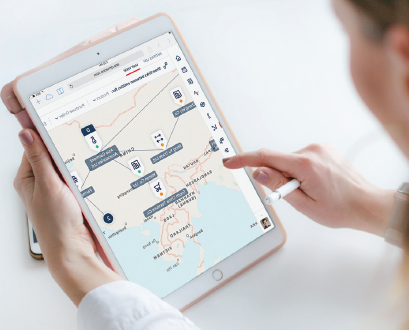


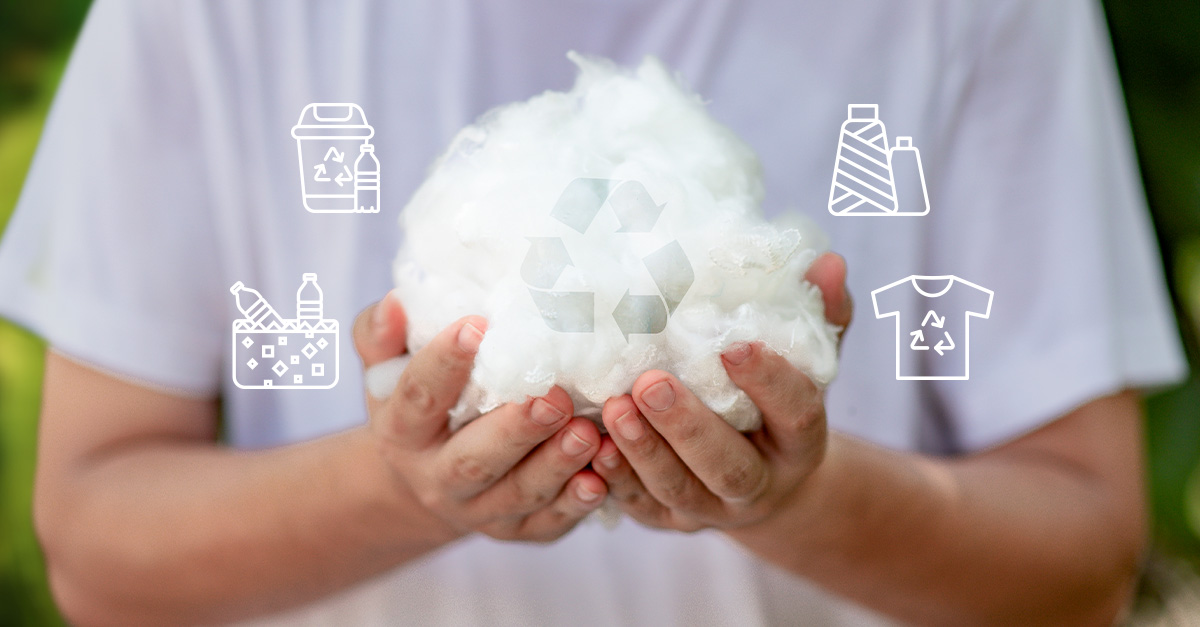
While many brands and suppliers are making efforts to incorporate recycled polyester fabrics into their products, it remains challenging to verify the authenticity and quantity of recycled polyester in these items. This presents a dilemma for consumers who want to make informed choices.
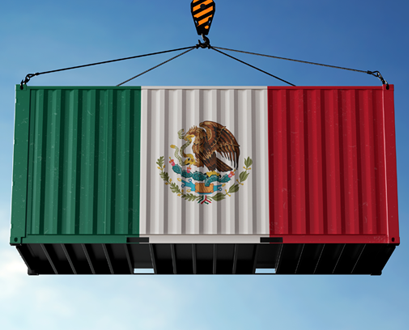
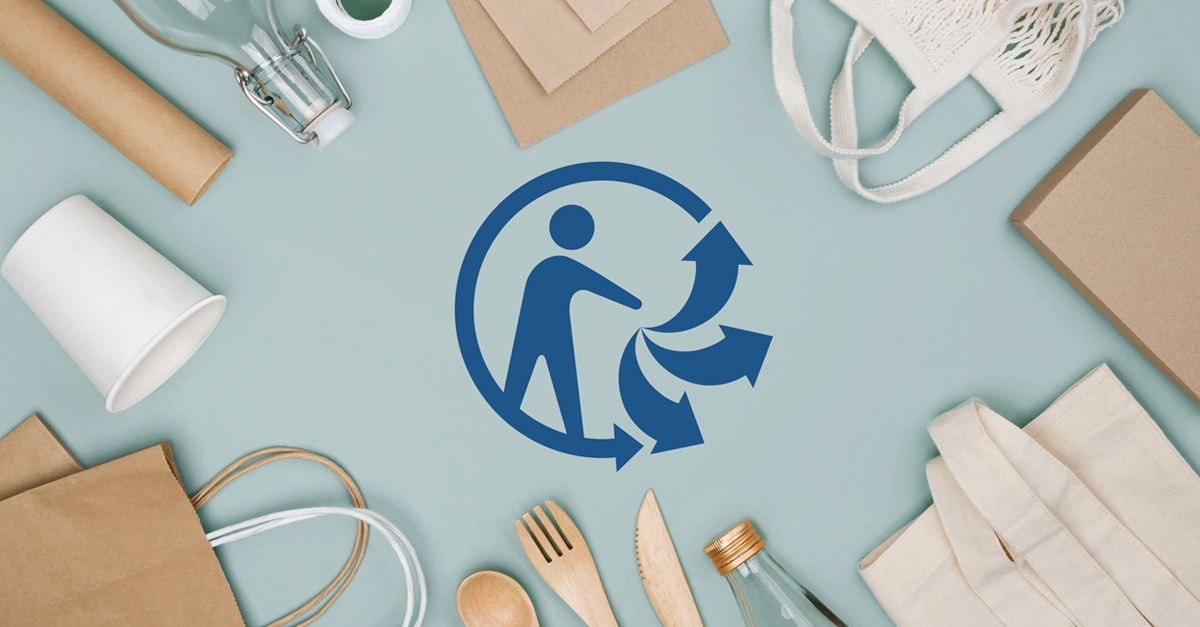

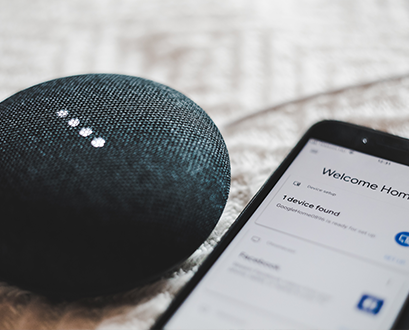



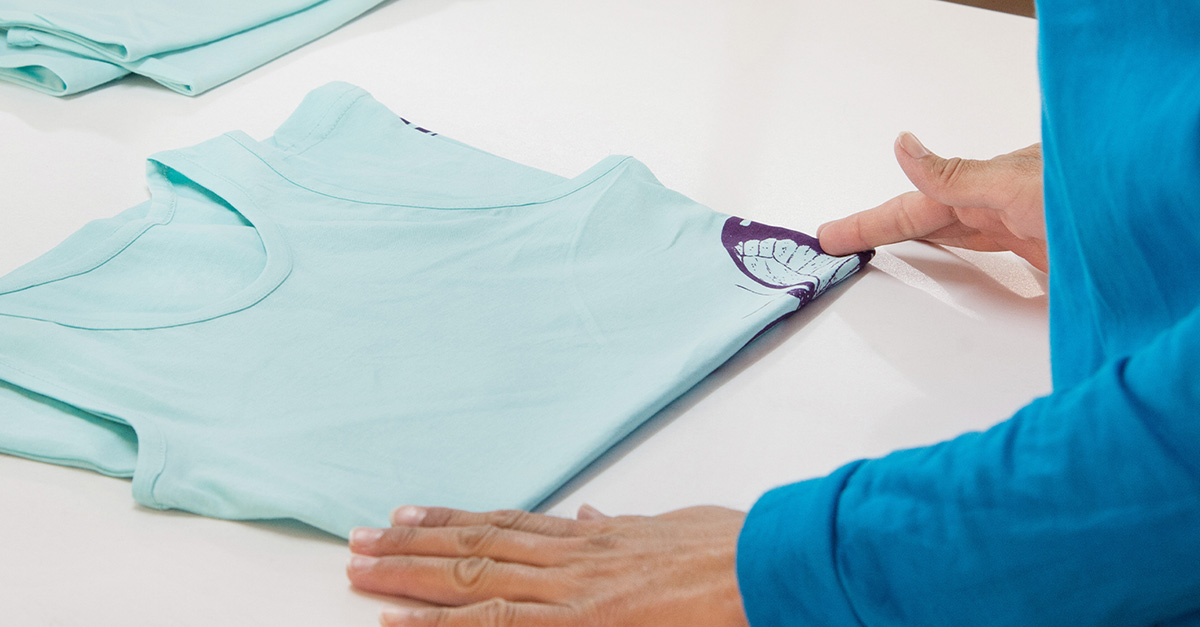


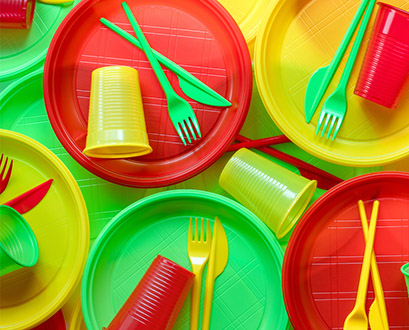
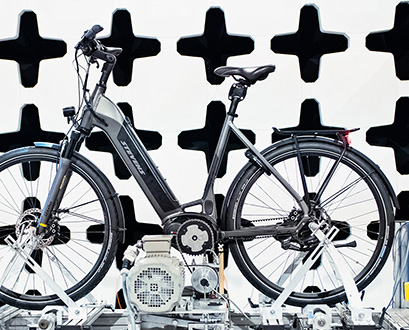


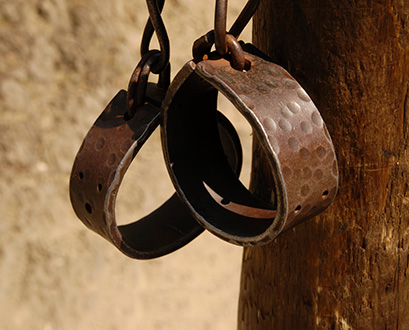
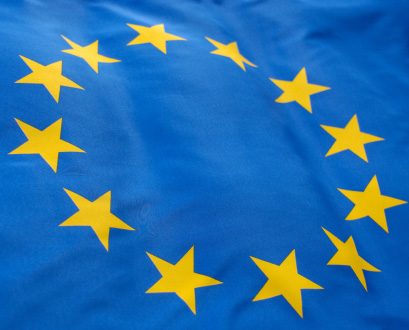



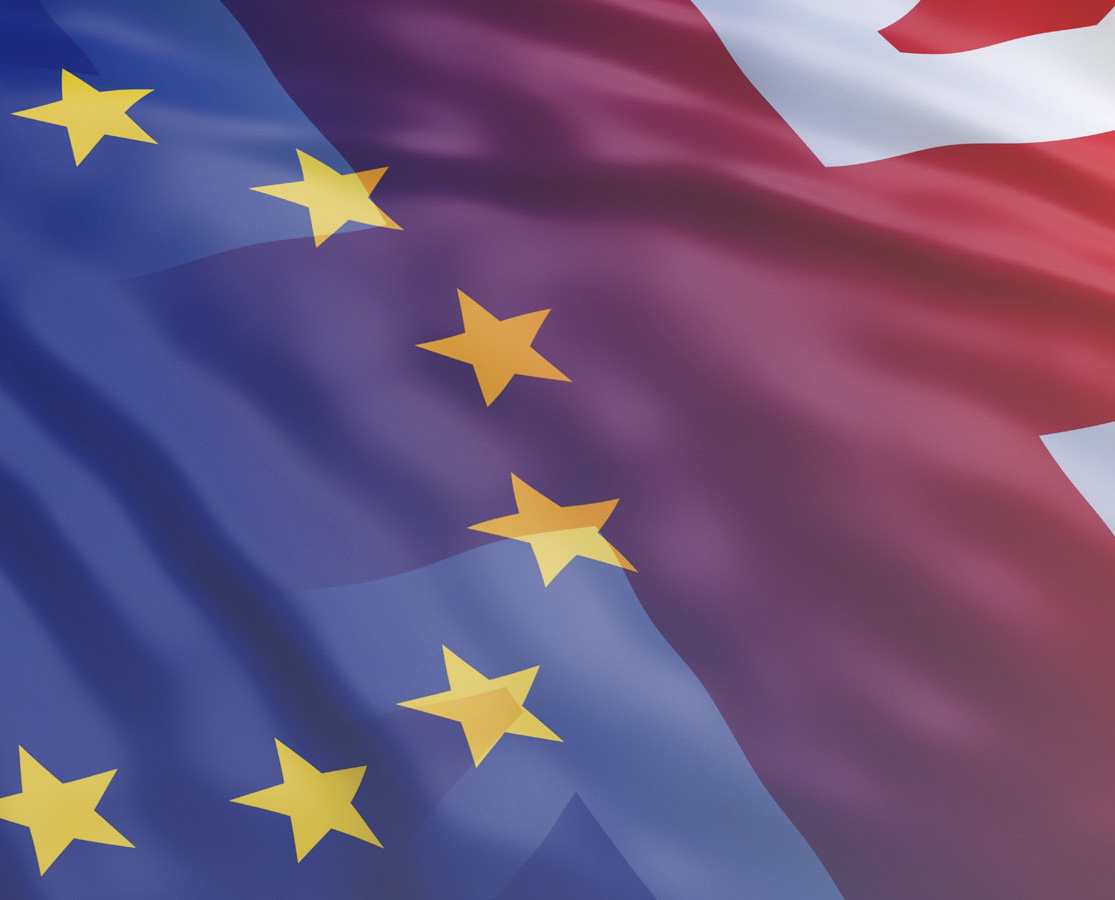
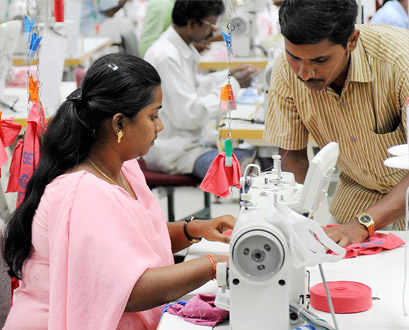

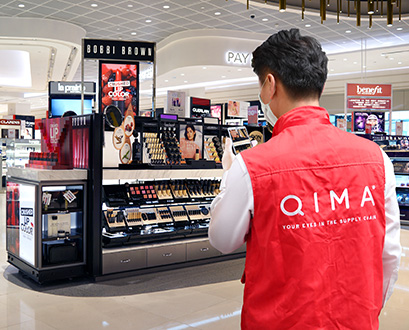

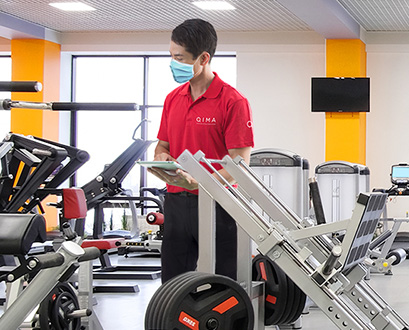
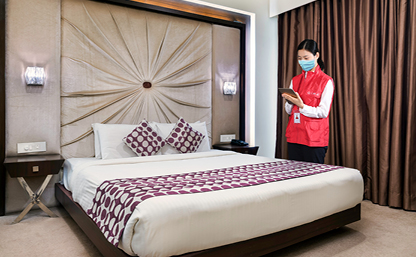
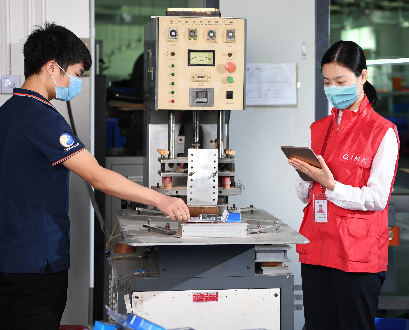



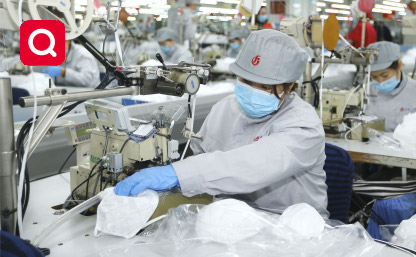

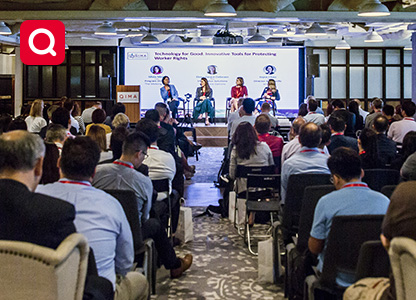

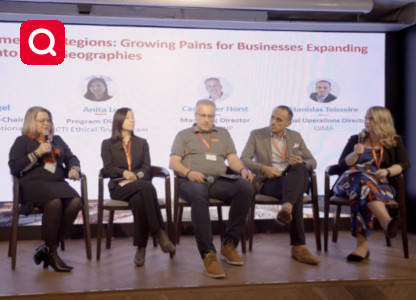
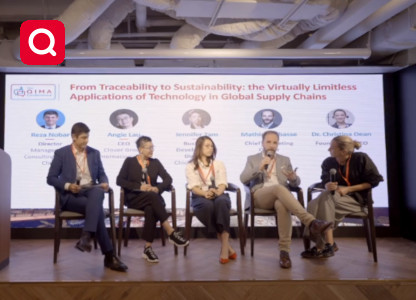
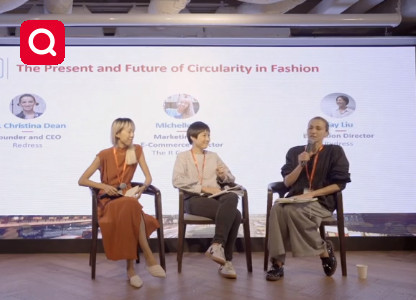
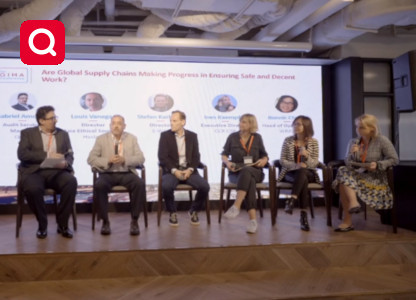
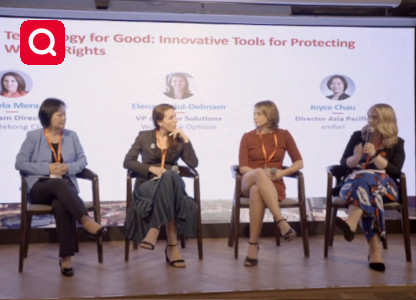
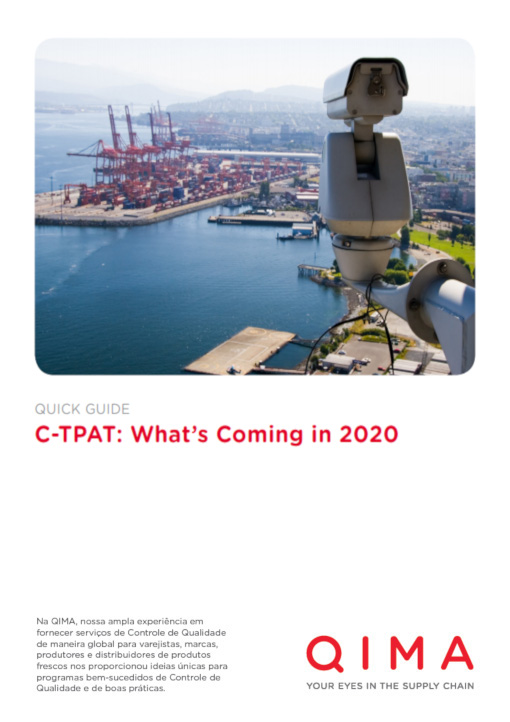


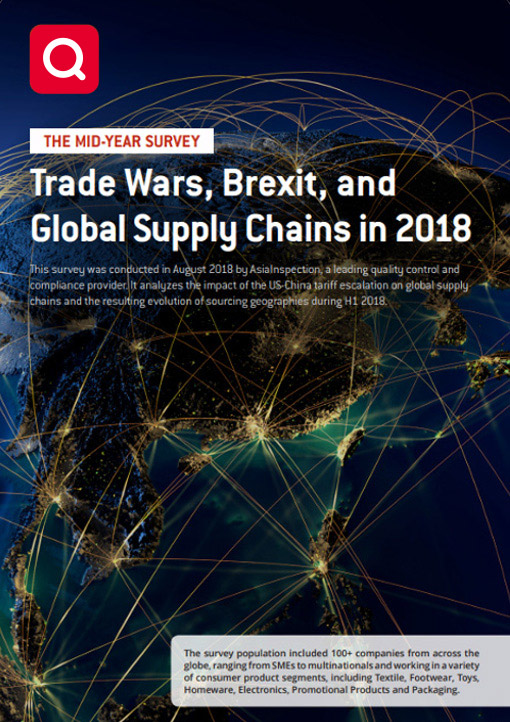
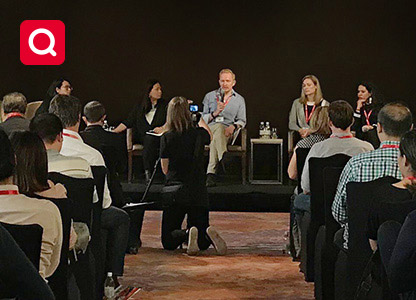

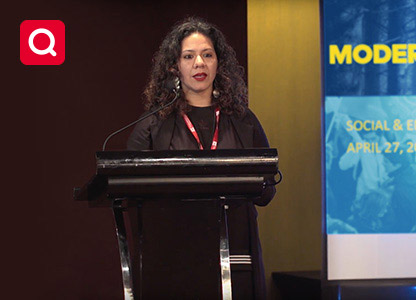



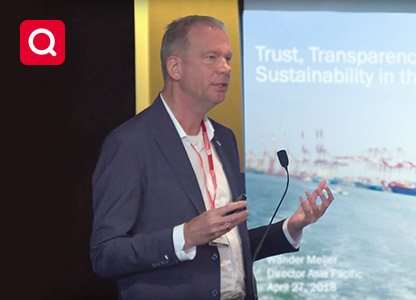


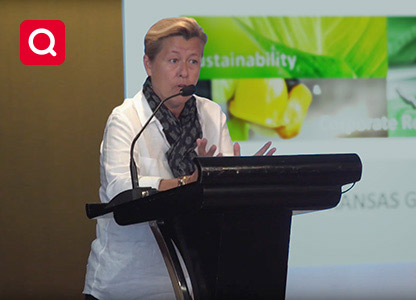

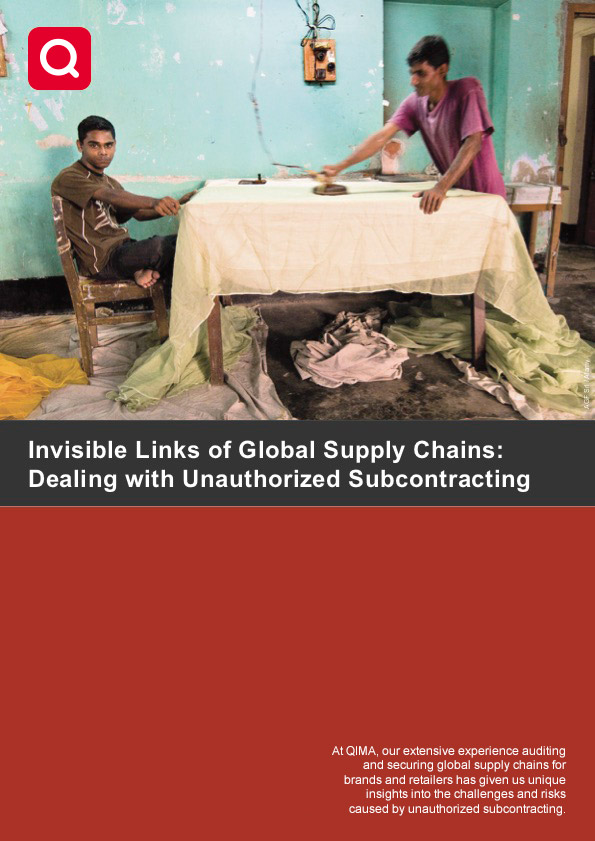
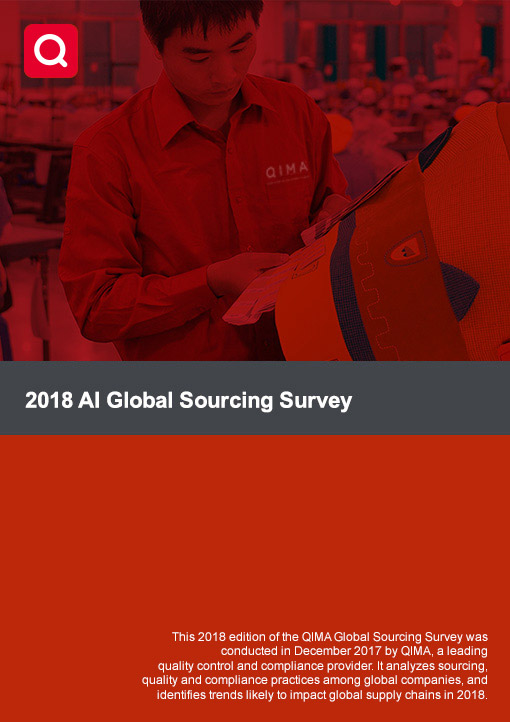
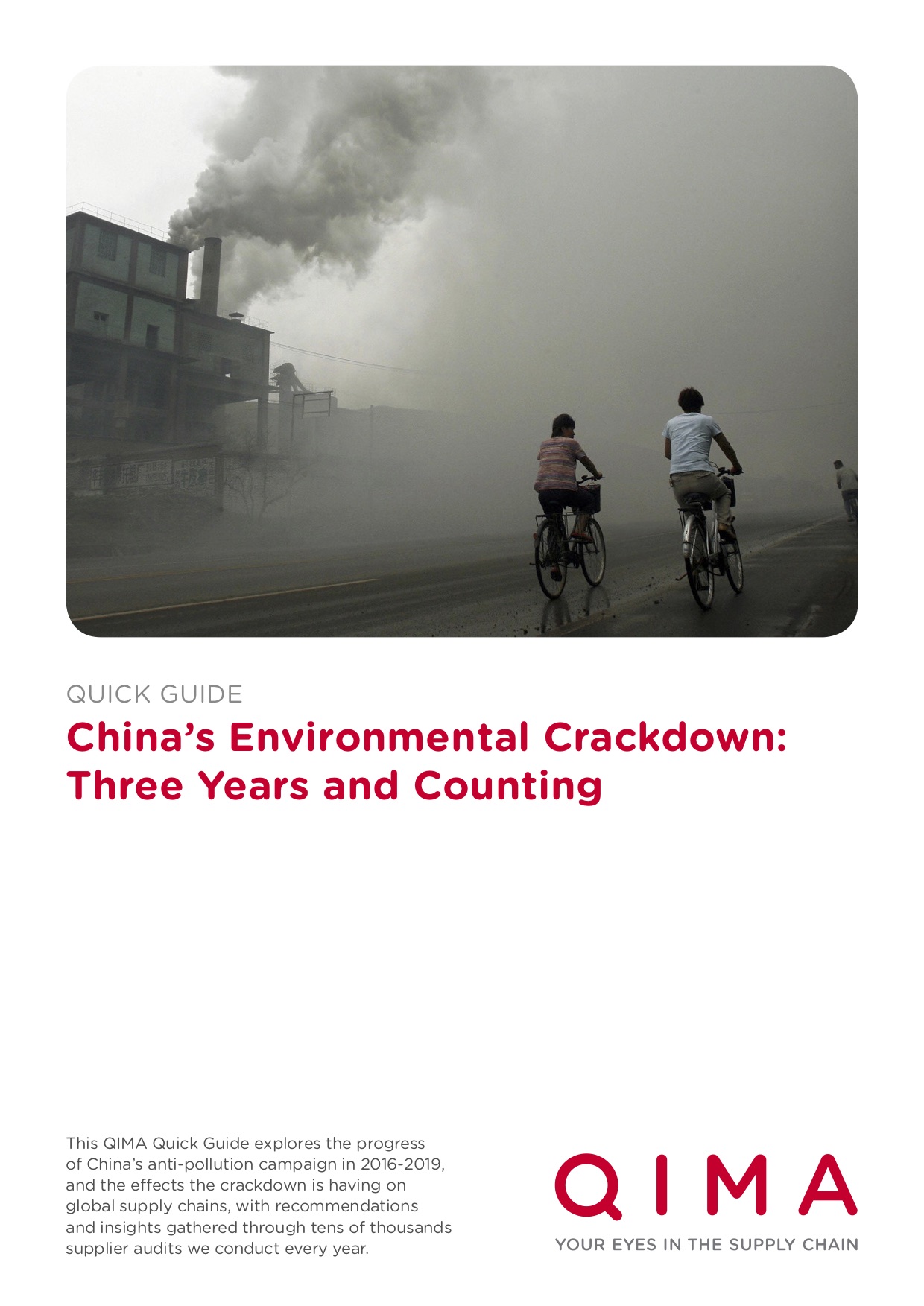
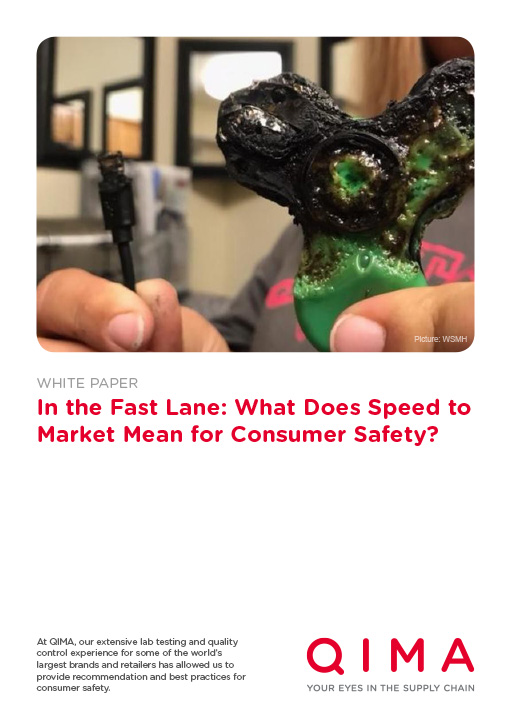
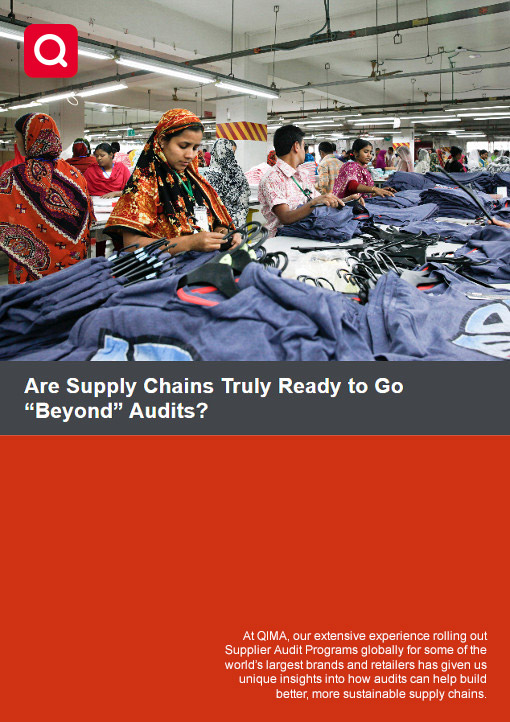

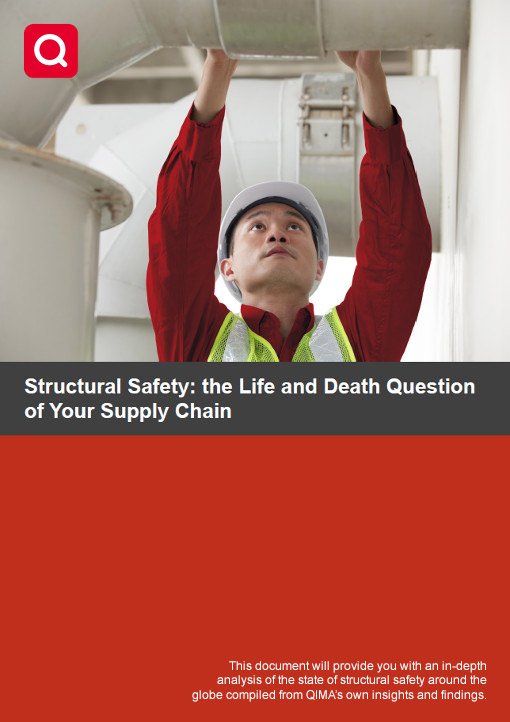
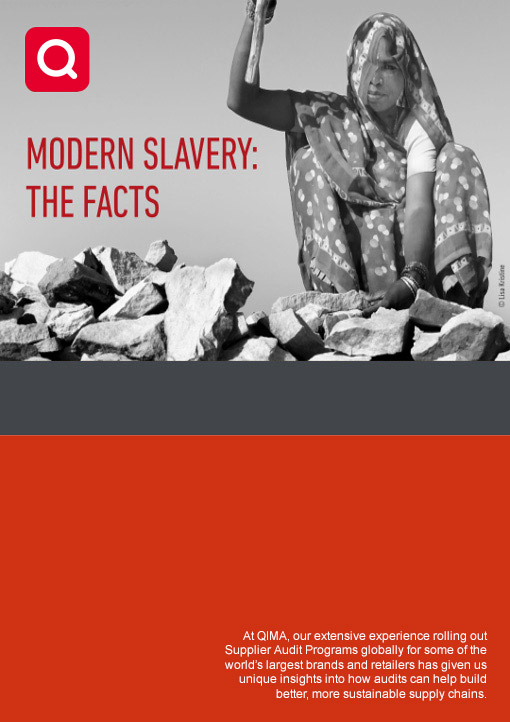
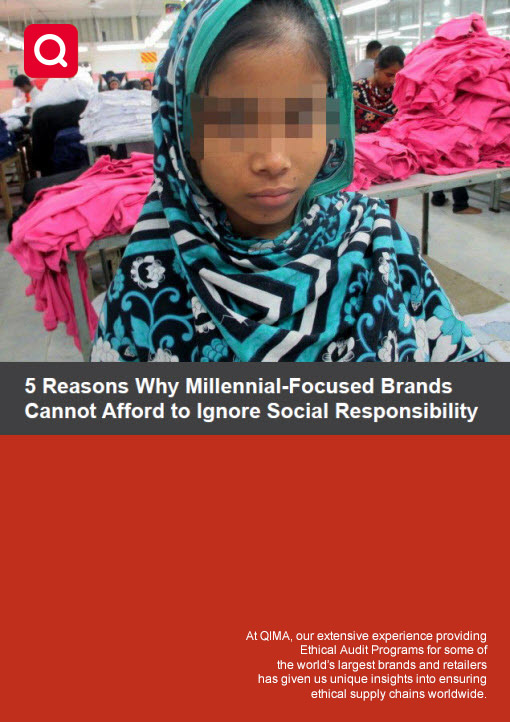
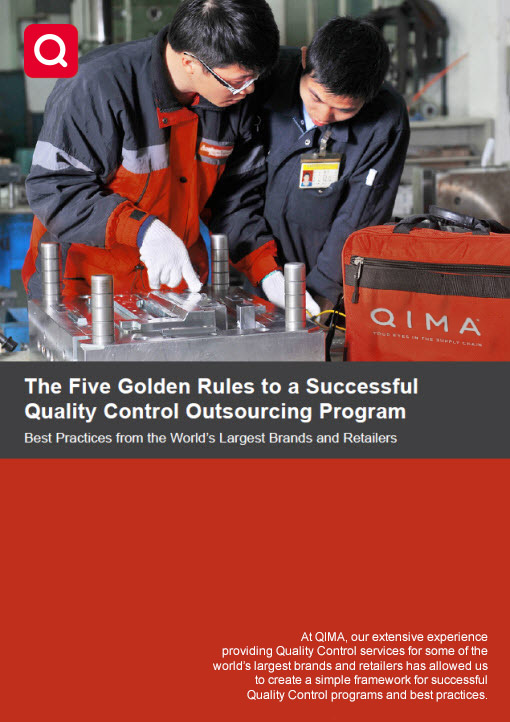
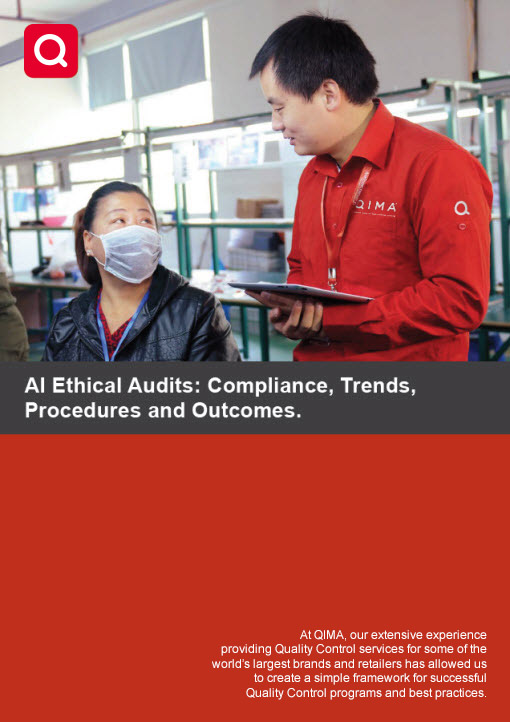
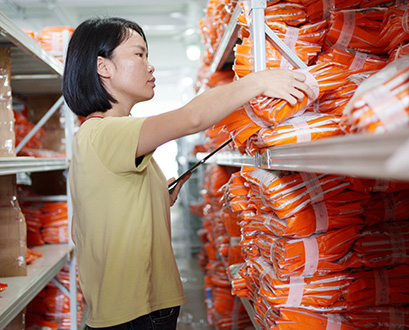









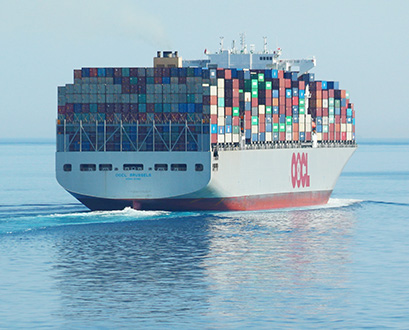
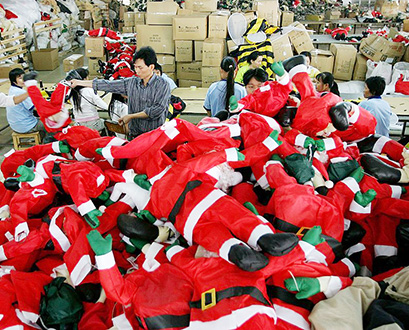
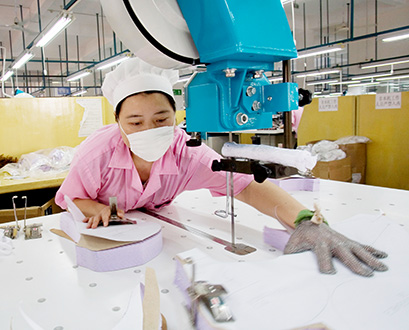

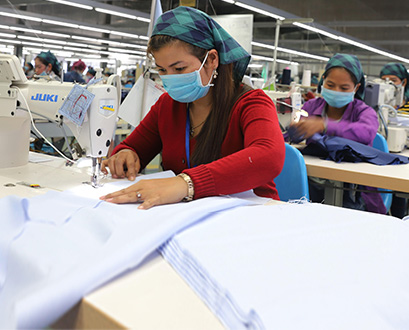
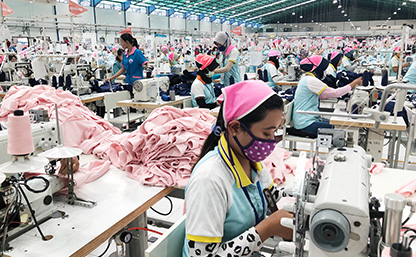

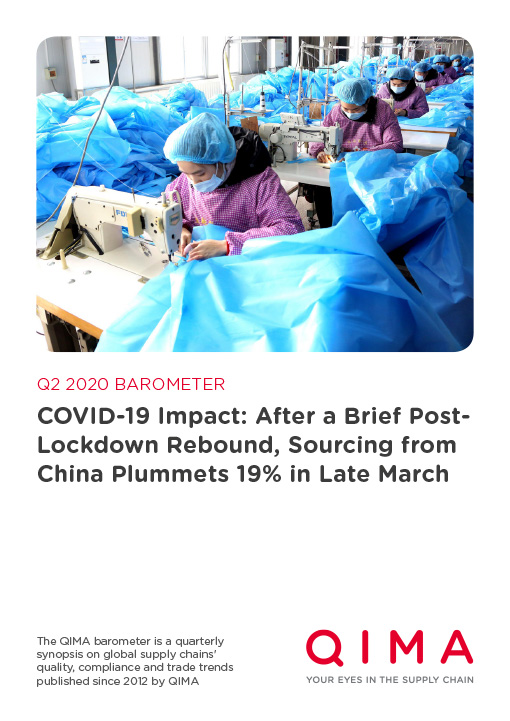
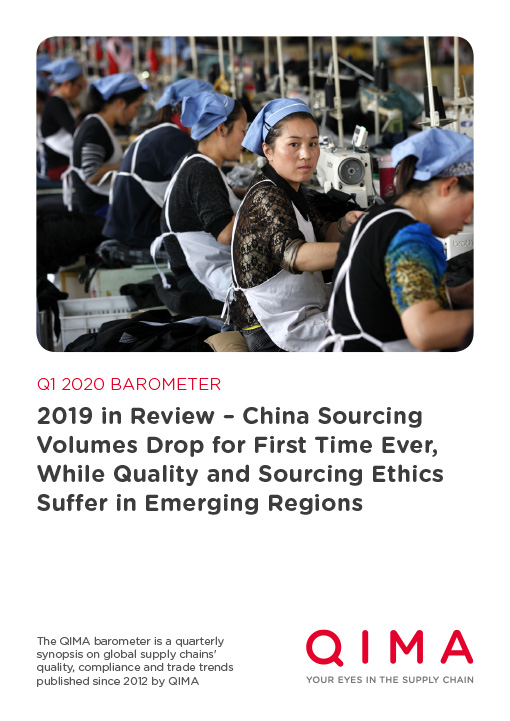
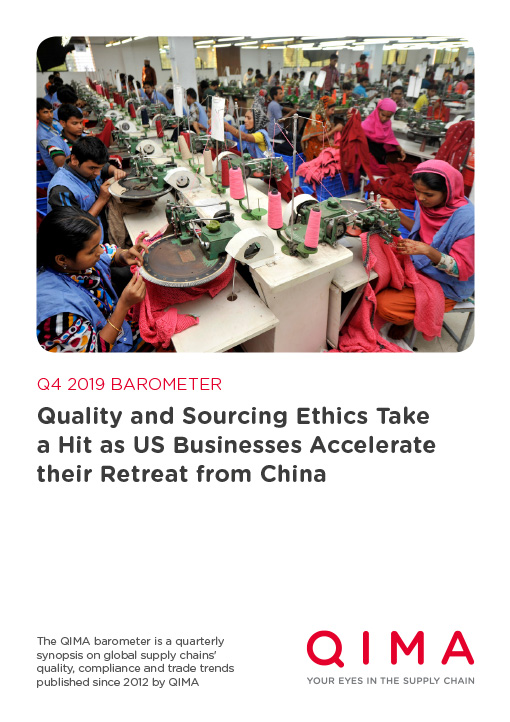
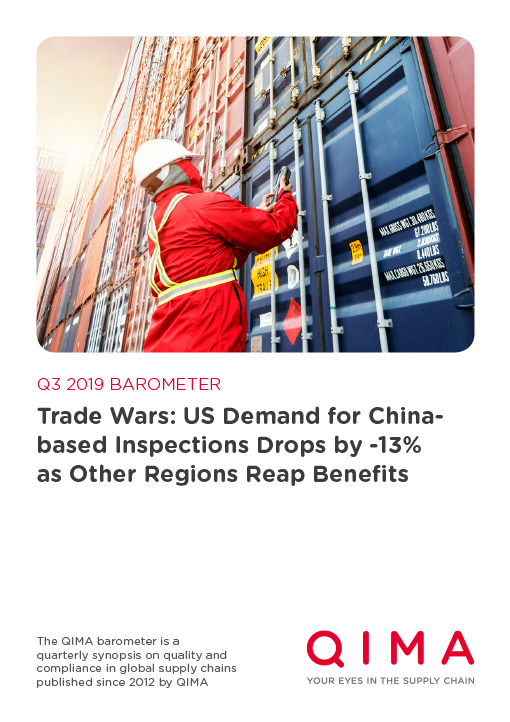
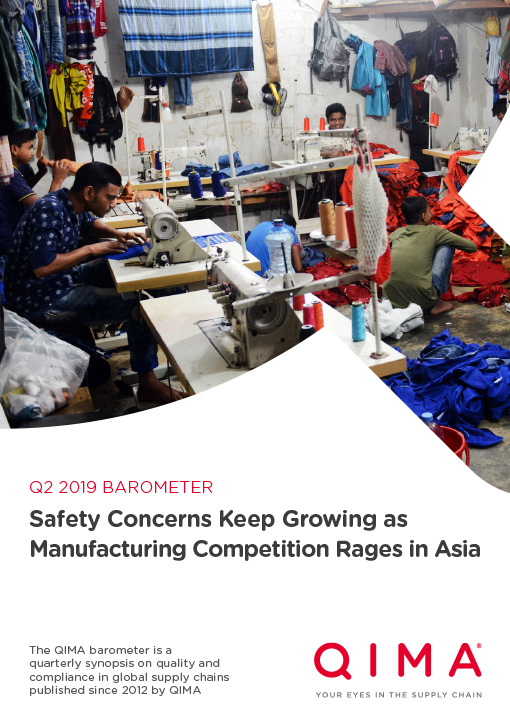
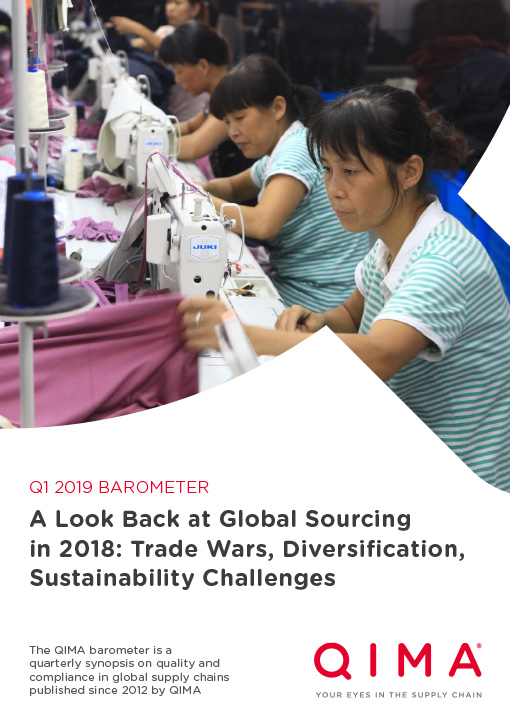



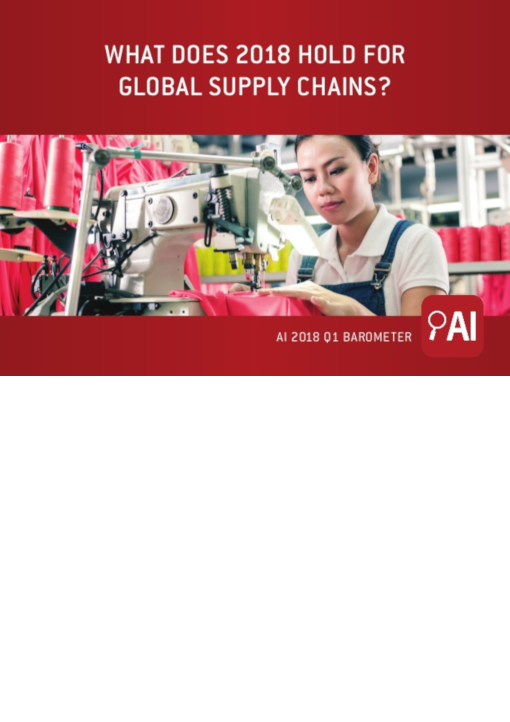
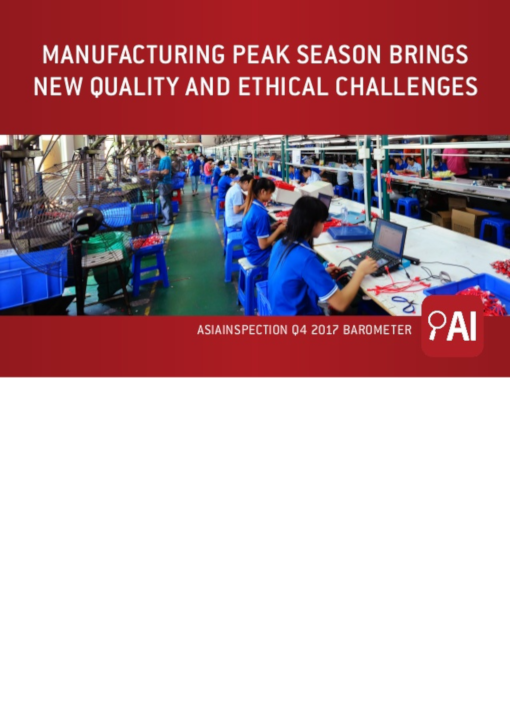
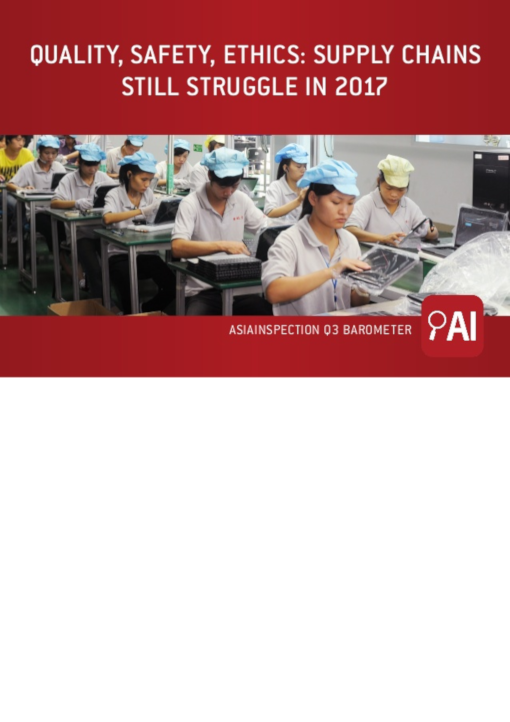
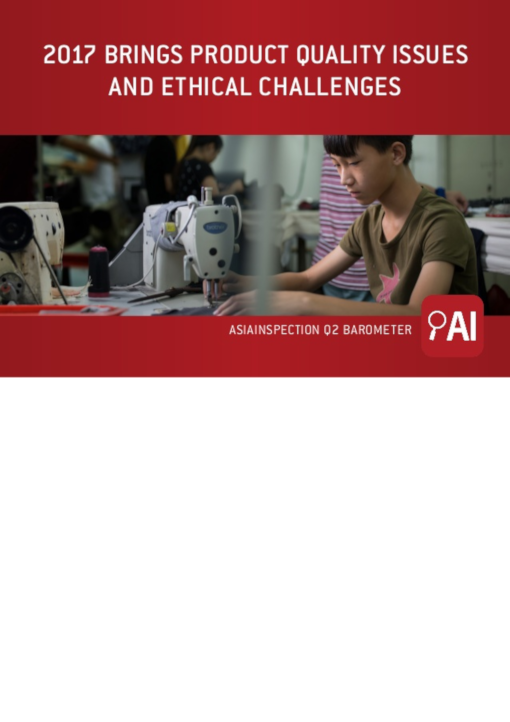
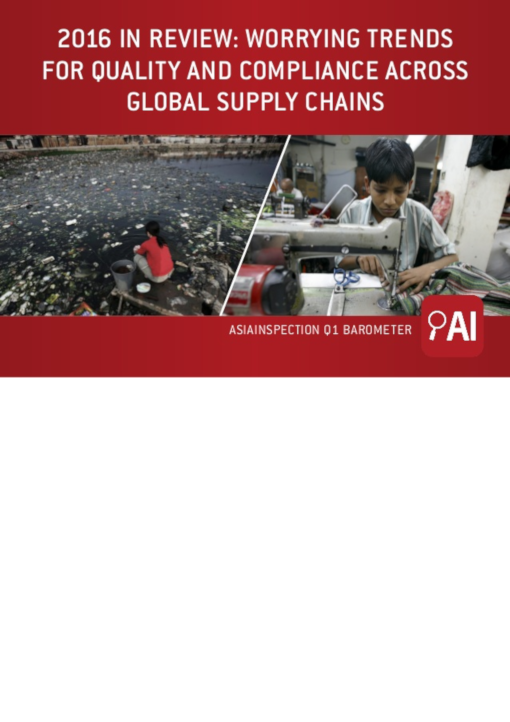
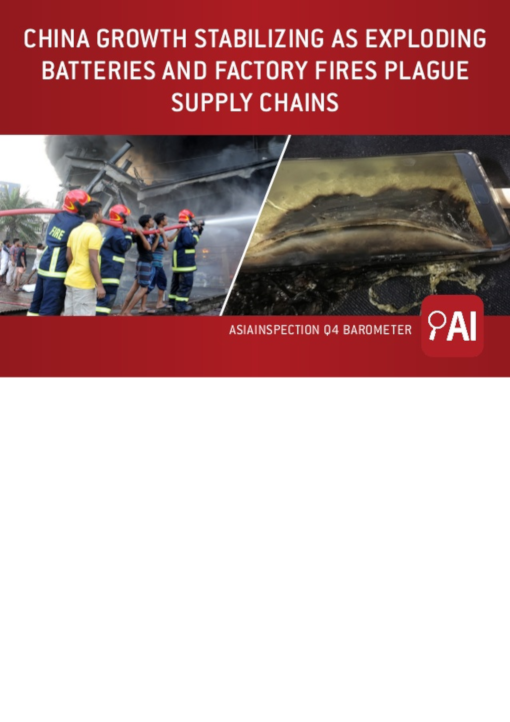
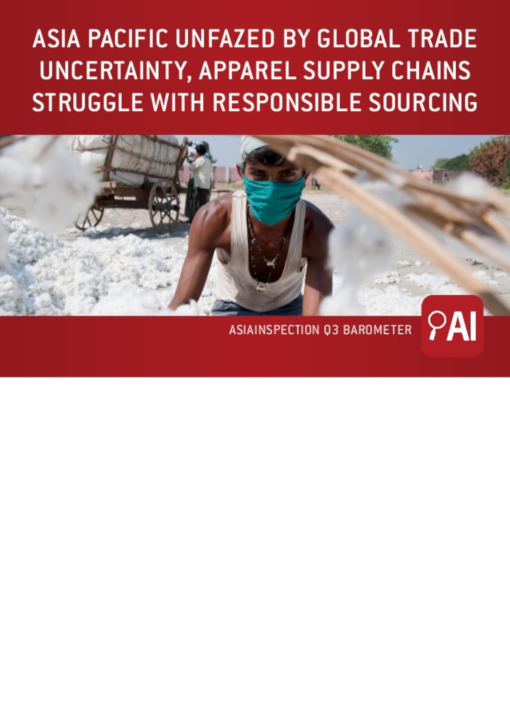
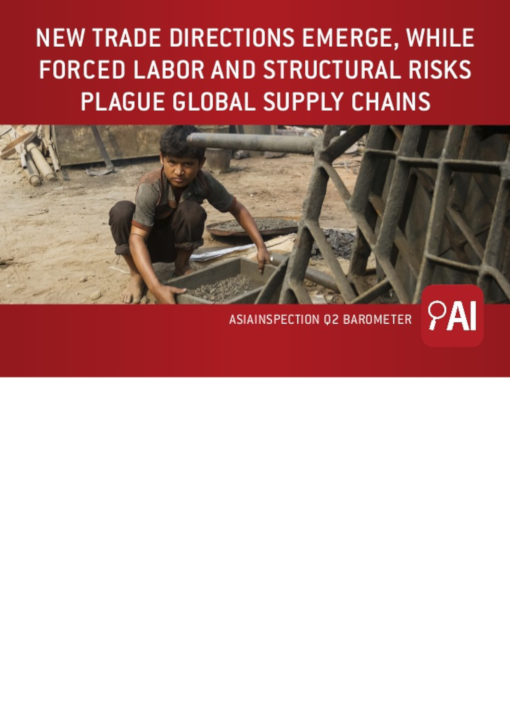

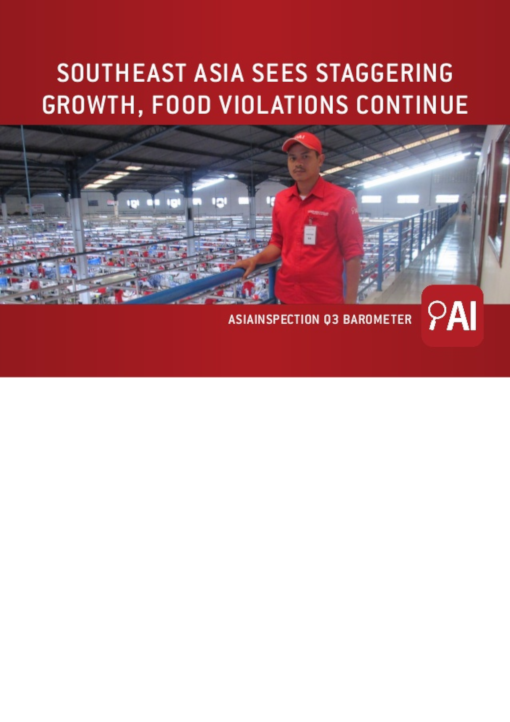
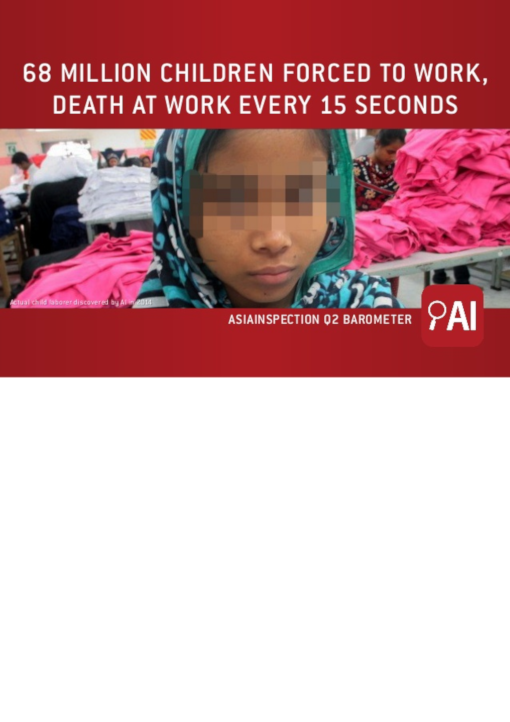
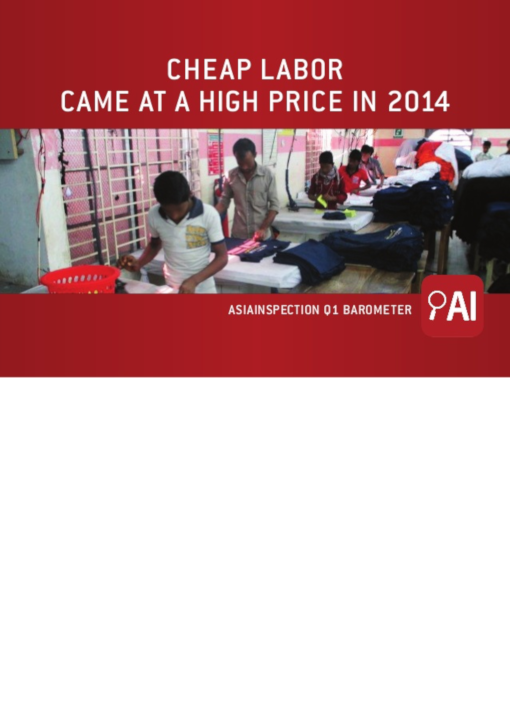
 Xem Demo
Xem Demo
